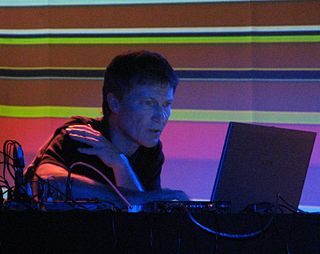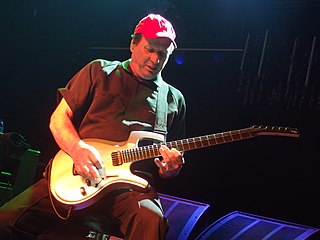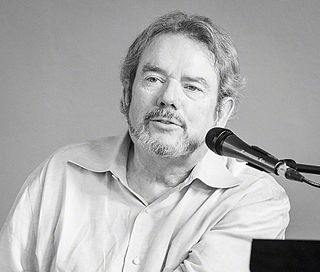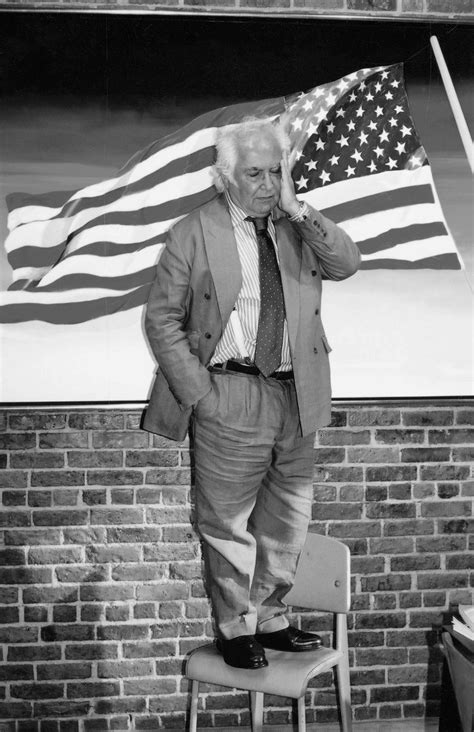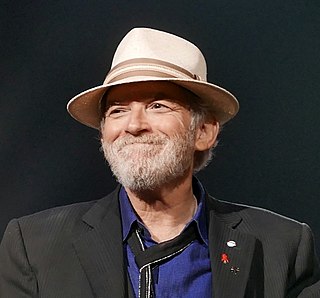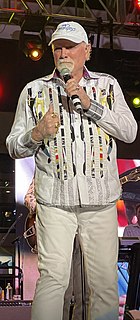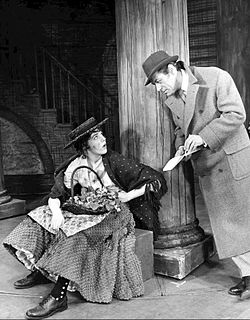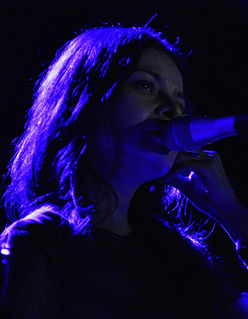A Quote by Michael Rother
Before I joined Kraftwerk in 1971, I played guitar in a band called Spirits of Sound, whose members included (at times) amongst others singer Wolfgang Riechmann (Sky Records released his only solo album Wunderbar shortly after his death in 1978) and drummer Wolfgang Flür (later on Kraftwerk, now solo). The music of S.o.S. in the mid 60's first was the English pop and rock music of the times (Beatles, Kinks, Rolling Stones ).
Related Quotes
As a conscientious objector I did my community service in 1971 in a psychiatric hospital and a friend there, who also was a guitar player, invited me one day to join him recording film music with a band named Kraftwerk which I didn't know at the time. I came along and jammed at this session together with Ralf Hütter and a drummer (I believe his name was Charly Weiß). Florian Schneider and Klaus Dinger were present as listeners and everybody liked the spontaneous music we did together.
When I'm representing my music live I think of it very much in a rock band sense. When I first started doing festivals in the 90s there really weren't other DJs playing the stages I was playing. So I felt I was being afforded an opportunity to kind of make a statement about what DJ music can be live. In the 90s, if you were a DJ you were in the dance tent, and you were playing house music and techno music. There was no such thing as a DJ - a solo DJ - on a stage, after a rock band and before another rock band: that just didn't happen.
The Rolling Stones are truly the greatest rock and roll band in the world and always will be. The last too. Everything that came after them, metal, rap, punk, new wave, pop-rock, you name it... you can trace it all back to the Rolling Stones. They were the first and the last and no one's ever done it better.
You certainly don't hear any country music on pop radio today. But for a while you did, and it was a lovely thing to have all the different genres of music cohabitating the Top 40 - the folk sound, The Beatles, the British sound, the Motown sounds, that kind of light country - it was a welcome relief after a few hard rock records. Everyone was sharing the airwaves, and I think it was a beautiful time for American music.
In 1952, Muddy cut the song 'Rollin' Stone.' It was a nationwide success, and the song echoes down through rock n' roll history. Bob Dylan cut a tribute by the same name, an English band decided to call themselves the Rolling Stones, and the magazine that first embraced music as a serious cultural phenomenon was itself called 'Rolling Stone.'
By the late '50s, something was happening in England, and it got to be quite exciting. The music world then started to explode with the Beatles and the Rolling Stones. It was an incredible time with this mixture of independence in art, fashion, and the explosion of the pop sensibility. London was certainly at the center of it all for a few years. And as far as art is concerned, I think that sensibility of what was later called Pop art started in England even before America. And so I was lucky to be there.
Music's totally eclectic now. I saw a DJ the other day, he was on Virgin radio over here, and he said he played "Going Underground", the Jam song, on his breakfast show. Then he got a text from some young kid asking if was a new band. I think a lot of people these days, younger people as well, are aware of all sorts of music, really. If you're into the Libertines you probably also have to be aware of the Beatles, or the Kinks. I think there's a better, possibly greater appreciation for all music, of all eras, I think.
